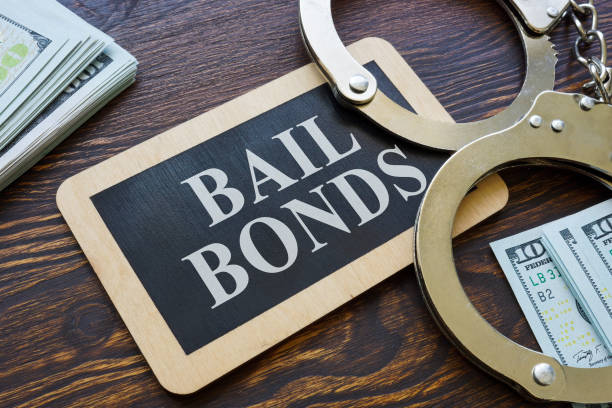Necessary Information On Bonds

When many people think about bonds, it's 007 that comes to mind and which actor they have preferred through the years. Bonds aren’t just secret agents though, these are a type of investment too.

What exactly are bonds?
Essentially, a bond is loan. When you purchase a bond you're lending money towards the government or company that issued it. In return for the money, they will present you with regular interest payments, in addition to the original amount back at the conclusion of the word.
As with any loan, there's always the risk how the company or government won't pay you back your original investment, or that they may fail to carry on their rates of interest.
Purchasing bonds
Even though it is practical for one to buy bonds yourself, it isn't really the best course of action plus it tends require a lot of research into reports and accounts and be fairly dear.
Investors may find that it's far more straightforward to get a fund that invests in bonds. This has two main advantages. Firstly, your cash is joined with investments from other people, this means it could be spread across an array of bonds in a way that you couldn't achieve should you be investing on your individual. Secondly, professionals are researching the complete bond market on your behalf.
However, due to mix of underlying investments, bond funds do not always promise a fixed level of income, hence the yield you obtain are vastly different.
Understanding the lingo
If you are picking a fund or buying bonds directly, you will find three key term which can be useful to know: principal; coupon and maturity.
The primary will be the amount you lend the company or government issuing the text.
The coupon is the regular interest payment you will get for purchasing the bond. It's a set amount that is certainly set in the event the bond is distributed which is known as the 'income' or 'yield'.
The maturity is the date when the loan expires along with the principal is repaid.
The different types of bond explained
There are 2 main issuers of bonds: governments companies.
Bond issuers are normally graded as outlined by remarkable ability to settle their debt, This is called their credit standing.
A business or government with a high credit standing is known as 'investment grade'. Which means you are less likely to generate losses on the bonds, but you'll probably get less interest too.
On the opposite end in the spectrum, an organization or government using a low credit standing is considered to be 'high yield'. Because issuer features a the upper chances of failing to repay your finance, the interest paid is often higher too, to stimulate individuals to buy their bonds.
How do bonds work?
Bonds may be deeply in love with and traded - like a company's shares. This means that their price can go up and down, based on numerous factors.
Several main influences on bond price is: rates; inflation; issuer outlook, and supply and demand.
Rates
Normally, when rates fall so do bond yields, but the price of a bond increases. Likewise, as interest rates rise, yields improve but bond prices fall. This is called 'interest rate risk'.
If you wish to sell your bond and get a refund before it reaches maturity, you might need to accomplish that when yields are higher expenses are lower, and that means you would return below you originally invested. Interest rate risk decreases as you grow nearer to the maturity date of your bond.
For example this, imagine you do have a choice from a checking account that pays 0.5% and a bond that provides interest of 1.25%. You may decide the link is more attractive.
Inflation
Since the income paid by bonds is generally fixed at the time these are issued, high or rising inflation can be a problem, mainly because it erodes the genuine return you receive.
As one example, a bond paying interest of 5% may seem good in isolation, but if inflation is running at 4.5%, the true return (or return after adjusting for inflation), is only 0.5%. However, if inflation is falling, the bond may be more appealing.
There are things such as index-linked bonds, however, which can be employed to mitigate the potential risk of inflation. Value of the borrowed funds of those bonds, as well as the regular income payments you will get, are adjusted in accordance with inflation. Because of this if inflation rises, your coupon payments as well as the amount you're going to get back go up too, and the opposite way round.
Issuer outlook
As a company's or government's fortunes may either worsen or improve, the price of a bond may rise or fall as a result of their prospects. For example, when they are going through a difficult time, their credit history may fall. The chance of a firm not being able to pay a yield or becoming struggling to pay back the funding referred to as 'credit risk' or 'default risk'.
If the government or company does default, bond investors are higher the ranking than equity investors with regards to getting money returned for many years by administrators. That is why bonds are generally deemed less risky than equities.
Demand and supply
If your lot of companies or governments suddenly must borrow, you will have many bonds for investors from which to choose, so cost is prone to fall. Equally, if more investors are interested to buy than you'll find bonds on offer, cost is planning to rise.
More details about Bail bonds go to this popular web portal
